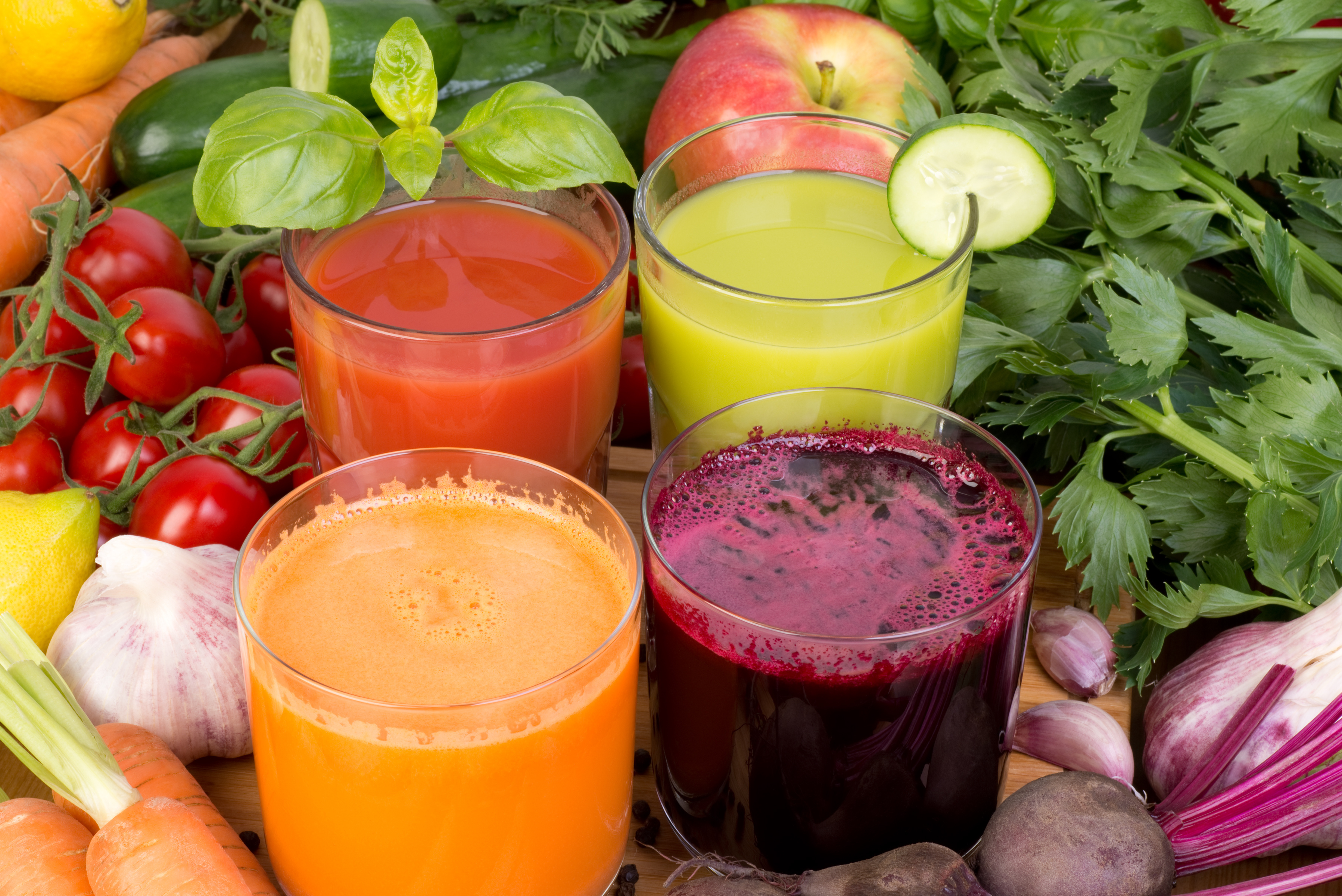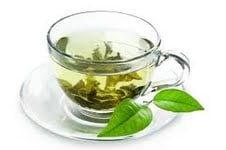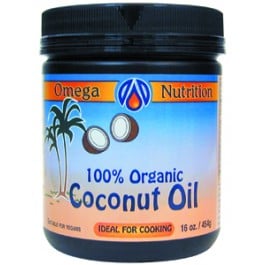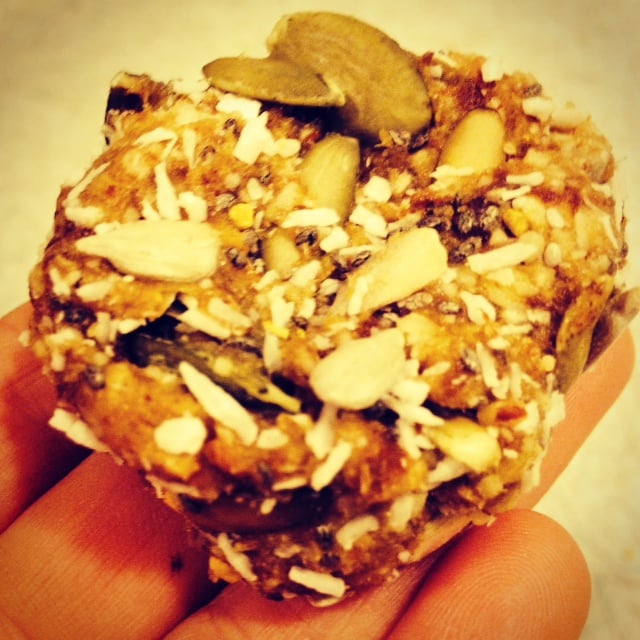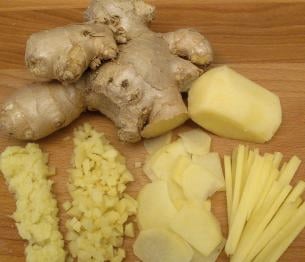Vincent Renner, Guest blogger, Founder of Tasty6
Sensory Delights of Juicing
To an avid juicer like myself the benefits of juicing fresh fruits and vegetables seem endless – it is convenient, nutritious, great for the immune system, helps to detox, and on it goes… All of the above are true. For me, however, first and foremost the intense smells, flavors, and colors of the vegetables and fruits we juice connect me with all Nature’s goodness has to offer, and with memories of wholeness. I love the taste and smell of fresh cut ginger and its vibrant yellow color. I love the unique aroma of freshly cut flat parsley. And the intense flavor of freshly pressed kale. I love the bright orange of our freshly pressed turmeric. Or the sound of a stem of celery snapping, as it announces it’s freshness and vigor. And the sweet-sour note and promise of health a fresh cut ruby red grapefruit carries.
Nature's Colors for Health
Yet it is specifically the unique and intense colors of many fruits and vegetables that announce their healing and nutritional properties. Watermelon and red grapefruit get their red pinkish color from a uniquely high concentration of the phytochemical lycopene, known for its strong anti-inflammatory and antioxidant characteristics. Red beets’ betalain antioxidant pigments give them their red color and are a powerful and relatively unique antioxidant that helps to improve cardiovascular health and lower blood pressure. Red apples have a high concentration of anthocyanins key to lowering blood sugar.
Kale, spinach, and parsley are some of the healthiest vegetables around. Their high levels of chlorophyll are responsible for their bright, full green color. They are powerhouses of concentrated vitamins, minerals, and a whole spectrum of phytonutrients – all essential to a healthy body. Unbeknownst to many, one cup of raw kale contains more and often multiples of 100% of the daily recommended value of Vitamin C, Vitamin A and Vitamin K.
As these fruits and vegetables are allowed to ripen to maturity, their nutritional content increases and their flavors intensify. Government health bodies now recommend to eat at least 5 or more cups of fruits and vegetables every day to increase health, improve longevity and prevent disease. By eating fruits and vegetables from a variety of color groups, we benefit from the unique array of phytochemicals, essential vitamins, minerals, and fiber that each color group has to offer.
.png?width=305&height=132&name=NIHAlogoBLUE_3_transparent%20(2).png)
